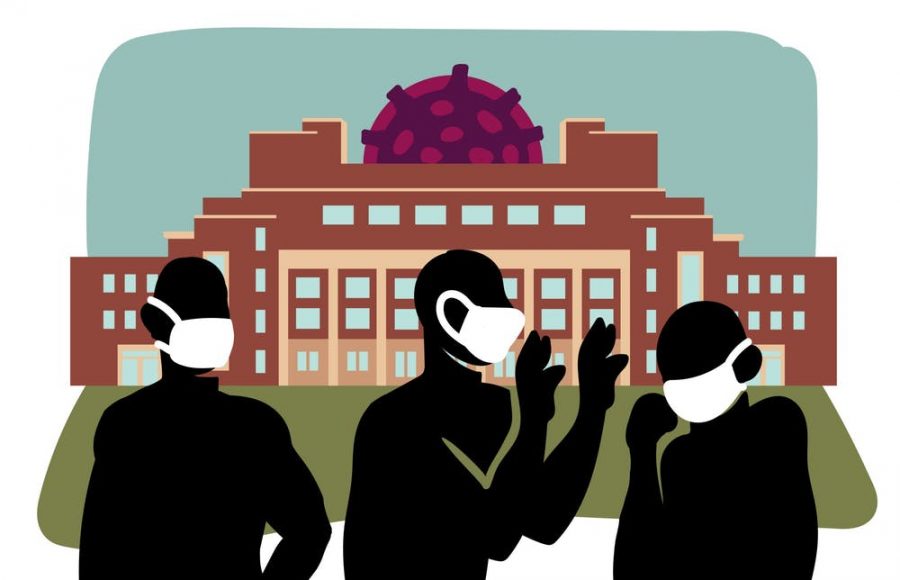University of Minnesota students looking to study abroad this spring face uncertainty as COVID-19 concerns leave travel plans open to change.
Despite the pandemic, the University’s Learning Abroad Center website still has many spring programs listed, but few have yet been approved. With uncertainty surrounding the continuation of the University’s travel restrictions, set to end on Nov. 20, it is unclear whether they will run even if initially approved, posing a challenge for students planning their spring semester.
“Study abroad programs are on the books, but we haven’t decided yet whether we’re going to run them,” President Joan Gabel said in an interview with the Minnesota Daily.
Gabel said the decision to run spring programs depends on whether partnering countries are open to travel at the time of the course.
“If we are notified that we’re able to travel, then we’ll travel. It will be because we know those decisions are made holistically, using the same safety metrics that we use here,” Gabel said. “We’ll wait as long as possible, if we haven’t seen that notice, to announce that we’re not having them, because we want to retain the option for as long as possible without creating undue inconvenience.”
It is for this reason that the Learning Abroad Center’s website encourages “parallel academic planning” as part of its COVID-19 procedures. This is a form of backup plan where a student’s credit maximum can be temporarily increased to 30 credits to ensure they can register for another academic schedule should their program be canceled.
Assistant Director of Programming at the Learning Abroad Center Jill Reister said students have been understanding of the uncertainty as they work with their academic advisers to create alternate schedules.
Some interested students have become uncertain about registering for the coming spring and summer semesters due to the pandemic, Reister said. There has been a dip in enrollment because of these concerns.
Part of how the University usually assesses the safety of study abroad programs is by submitting them for approval to the International Travel Risk Assessment and Advisory Committee (ITRAAC), according to Zach Mohs, an associate director at the Learning Abroad Center.
According to Kevin Dostal Dauer, director of health, safety and compliance for the University’s Global Programs and Strategies Office, this approval process is based on the State Department’s travel advisory levels. Countries that are above a level two — countries in which U.S. citizens are advised to “exercise increased caution” — often require a more thorough petitioning process.
Due to the pandemic, this means that very few countries are eligible for expedited approval, with Thailand and a few other select countries being the sole exceptions, Dauer said.
Even if a program is approved, such as Minnesota Studies and International Development Thailand currently is, this does not mean it is guaranteed to happen.
“Any approval that ITRAAC is given is fully contingent both on the travel restriction and the continuing evolving situation with the pandemic around the world,” Dauer said.
One way the Learning Abroad Center moved to accommodate students was the introduction of virtual internships. Student interest over the summer prompted the Learning Abroad Center to begin offering these programs.
The demand for virtual internships has been larger than anticipated, with over 200 students participating this semester alone, Reister said.
According to the Learning Abroad Center’s website, these internships involve working for international organizations online in 18 different countries.
Other programs are still going through the approval process under the assumption that the University’s travel restrictions will be ending as scheduled.
Abbey Machtig contributed to this report.

















